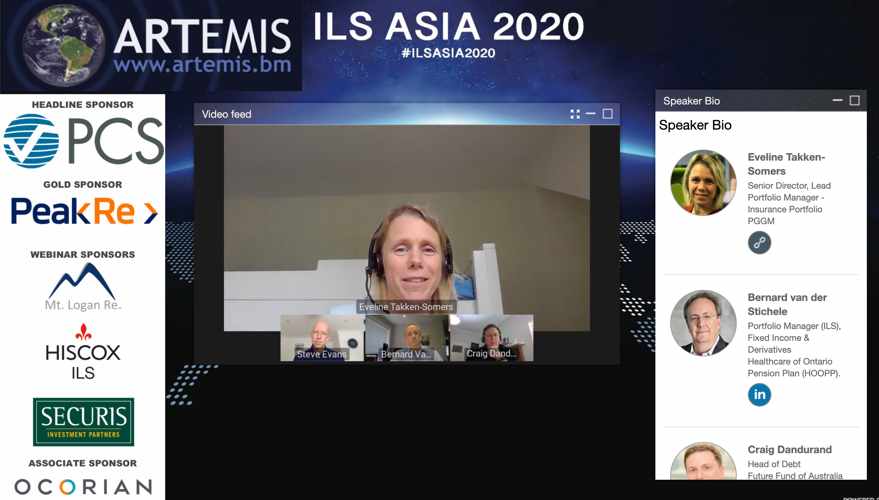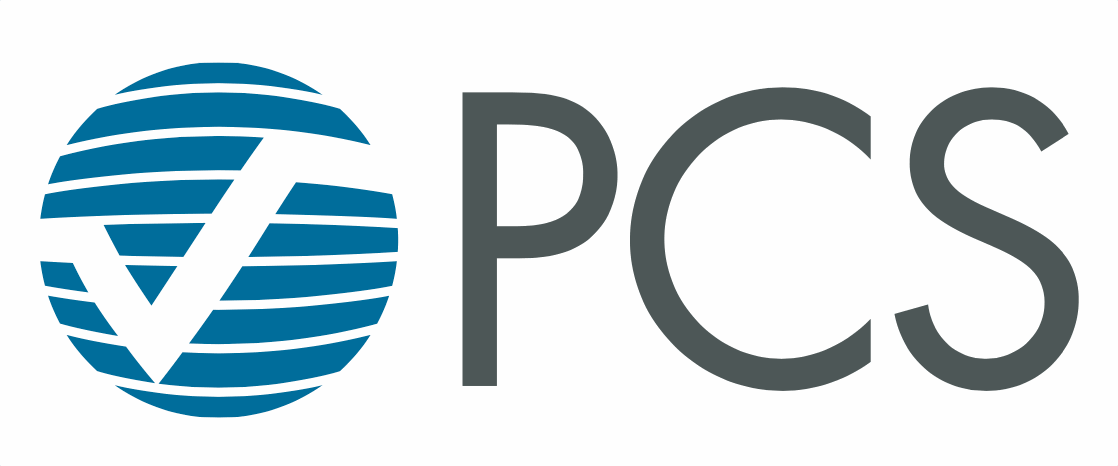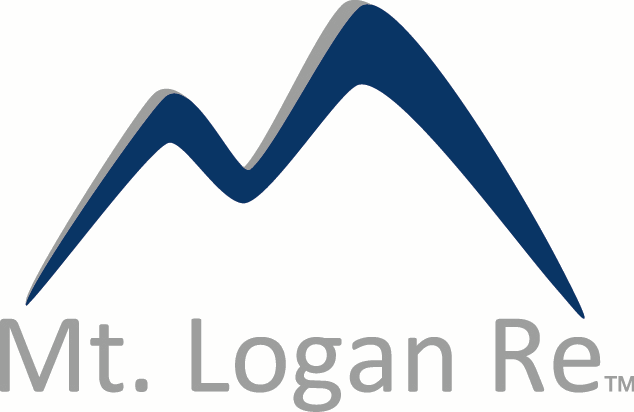For many in the insurance-linked securities (ILS) space the experience of losses, creep, and uncertainty around trapped collateral over the past few years was a first, and, undoubtedly, lessons have been learnt.
 This was the view of the opening panel on the penultimate day of our virtually held conference, ILS Asia 2020 (now available on demand), which featured three experienced pension fund investors who allocate to ILS strategies.
This was the view of the opening panel on the penultimate day of our virtually held conference, ILS Asia 2020 (now available on demand), which featured three experienced pension fund investors who allocate to ILS strategies.
“This period was clearly a challenge for the whole market,” said Eveline Takken-Somers, Senior Director, Lead Portfolio Manager – Insurance Portfolio, PGGM. “We spent quite some time educating our clients so the losses itself did not raise many questions.”
But while the actual losses were not a big issue for the Dutch pension fund administrator and investment manager, three consecutive years of above-average catastrophe losses did raise some questions from clients.
“We received questions regarding climate change, and I can encourage and hope to encourage the industry to spend more time understanding and explaining this topic, that would be of great help,” said Takken-Somers.
One of the most well documented and challenging issues that developed following the significant level of catastrophe events that occurred in 2017 and 2018, was loss creep.
Takken-Somers told the audience that this was one area that did bother PGGM quite a lot.
“When loss reserves are adjusted and are multiple times higher than anticipated, it does raise questions. On our side, does a manager fully understand what kind of risks they have onboarded, are they knowledgeable on loss reserving, and how do they ultimately reserve – do they take a conservative stance or do they follow cedent notification only.
“So, we don’t mind reporting to our client that we lost capital but going back and back again doesn’t look great on anyone, neither on us. So, it raises questions whether we are in control of what we do and whether we misjudged the managers investment process or at least the reserving part, which is quite relevant.
“So, I would say loss creep was definitely the worst experience out of everything that happened in the last couple of years.”
The ILS market is relatively new, has a short history and deals with very rare events. Alluding to this, panellist Bernard van der Stichele, Portfolio Manager (ILS), Fixed Income & Derivatives Healthcare of Ontario Pension Plan (HOOPP), explained that the recent loss experience was new for most ILS market participants.
“That sequence of events was really new for many people in the industry, not just investors but fund managers included. And, so, it was interesting to observe how incumbent markets dealt with losses, loss estimates and then communicated that to investors. I think everybody learned something out of those couple of years,” said van der Stichele.
Expanding on this, he said, “It really speaks to the lack of transparency in a way, in terms of what investors are typically being shown across the spectrum of ILS products and opportunities, versus how the risk is actually sourced and packaged and managed before it gets to investors.
“And, it is through these events that folks will really dig deeper and try to understand how losses are processed and overtime get more sophisticated in their thinking and understanding of the market and what effectively we are funding in a way. So, I think a lot of lessons were learned.”
For panellist Craig Dandurand, Head of Debt at the Future Fund of Australia, it’s a matter of being prepared for the eventualities of losses, creep and trapped collateral when entering the space.
“Anytime you go into an asset class that has an unclear potential outcome, you have to be prepared for that volatility of realisation of gains or losses, much less the volatility of the actual cash flows themselves, the timing comes into play.
“And, so, I think the surprises were more in terms of the range of outcomes, the different range of events, the extent to which at least during the first series of losses the relative alacrity with which capital was redeployed, or made available to be redeploy, that was a bit dispiriting.
“So, in a sense it feels like we could be at the start of a bit of a relief here in the sense that my other day job, on the credit side, you see credit spreads having tightened very, very quickly after the Covid-19 related events back in February, March and April. Here you haven’t quite seen that snap back this time around.
“We are still learning and I’m sure we’ll be learning long into the future.”
Watch this full panel session from our virtual ILS conference on-demand here.
As well as the on-demand playback, we will be archiving every session from our online and virtual ILS Asia 2020 conference over on our YouTube Channel in the coming weeks.
Our Headline Sponsor:
 |
Our Gold Sponsor:
 |
Our Webinar Sponsors:
 |
 |
 |
Our Associate Sponsor:
 |
For all enquiries regarding sponsorship opportunities for future Artemis conferences please contact [email protected].
 View all of our Artemis Live video interviews and subscribe to our podcast.
View all of our Artemis Live video interviews and subscribe to our podcast.
All of our Artemis Live insurance-linked securities (ILS), catastrophe bonds and reinsurance video content and video interviews can be accessed online.
Our Artemis Live podcast can be subscribed to using the typical podcast services providers, including Apple, Google, Spotify and more.






























